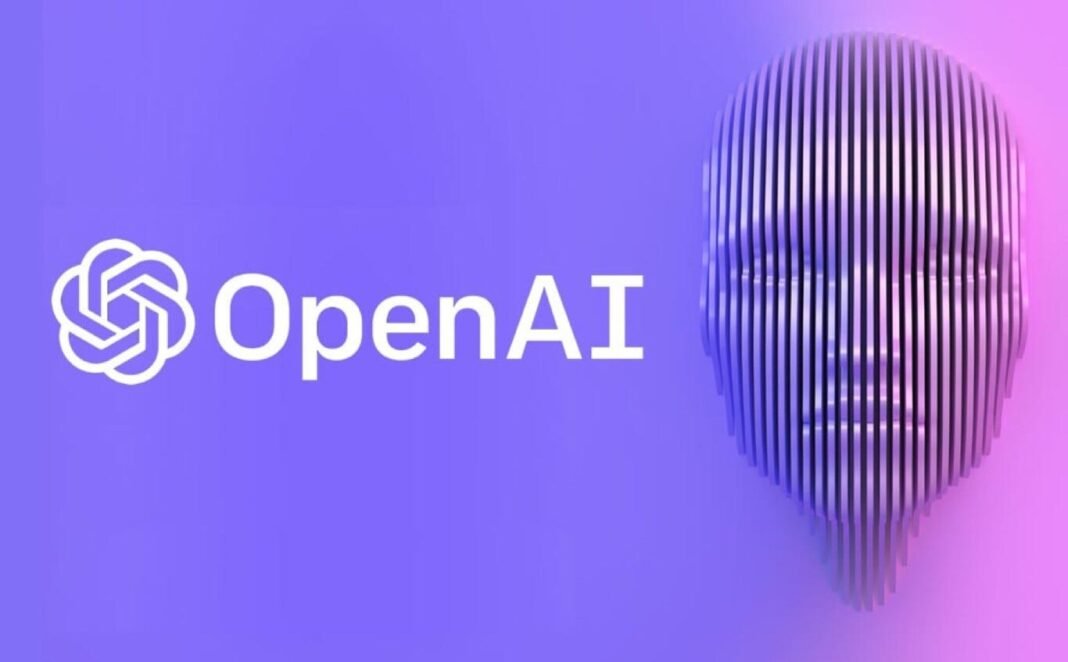OpenAI’s renowned ChatGPT service has been grappling with connectivity problems, with CEO Sam Altman extending an apology to users. According to Bloomberg, the root cause of these issues appears to be a deliberate attempt to overload the company’s servers with what’s described as “abnormal traffic.” This situation has persisted over the past few days, marking a first-time acknowledgment of potential hacking activities affecting the service’s functionality.
Table of Contents
OpenAI: Uncovering DDoS Attack Signs
Acknowledging the ongoing connectivity challenges, the Microsoft-backed AI giant unveiled the revelation that they’ve detected indications of a Distributed Denial of Service (DDoS) attack. In their latest system update, titled ‘Periodic outages across ChatGPT and API,’ the company revealed, “We are dealing with periodic outages due to an abnormal traffic pattern reflective of a DDoS attack. We are continuing to work to mitigate this.
Decoding the DDoS Attack
A DDoS attack functions as a form of cyber offense wherein a malicious actor endeavors to interrupt or incapacitate a server, network, or service by inundating it with traffic from numerous sources. The assailant floods the target with a substantial volume of requests, overwhelming its capacity or utilizes a botnet to amplify the attack. OpenAI confirmed that they recently grappled with a “major outage” affecting their chatbot and software tools. However, the company swiftly resolved the issue, which had led to extraordinarily high error rates across its AI platform.
OpenAI’s New Developments and the Turbulent Week
Notably, this week, OpenAI conducted its inaugural developer conference, unveiling a preview version of GPT-4 Turbo. This iteration represents a more robust and expedited variant of their latest large language model. The technology powers ChatGPT and other related services, aiming to advance capabilities and speed within their AI model offerings. Despite the turbulence encountered, the company remains dedicated to fortifying its services and mitigating the ongoing disruptive activities affecting ChatGPT.

